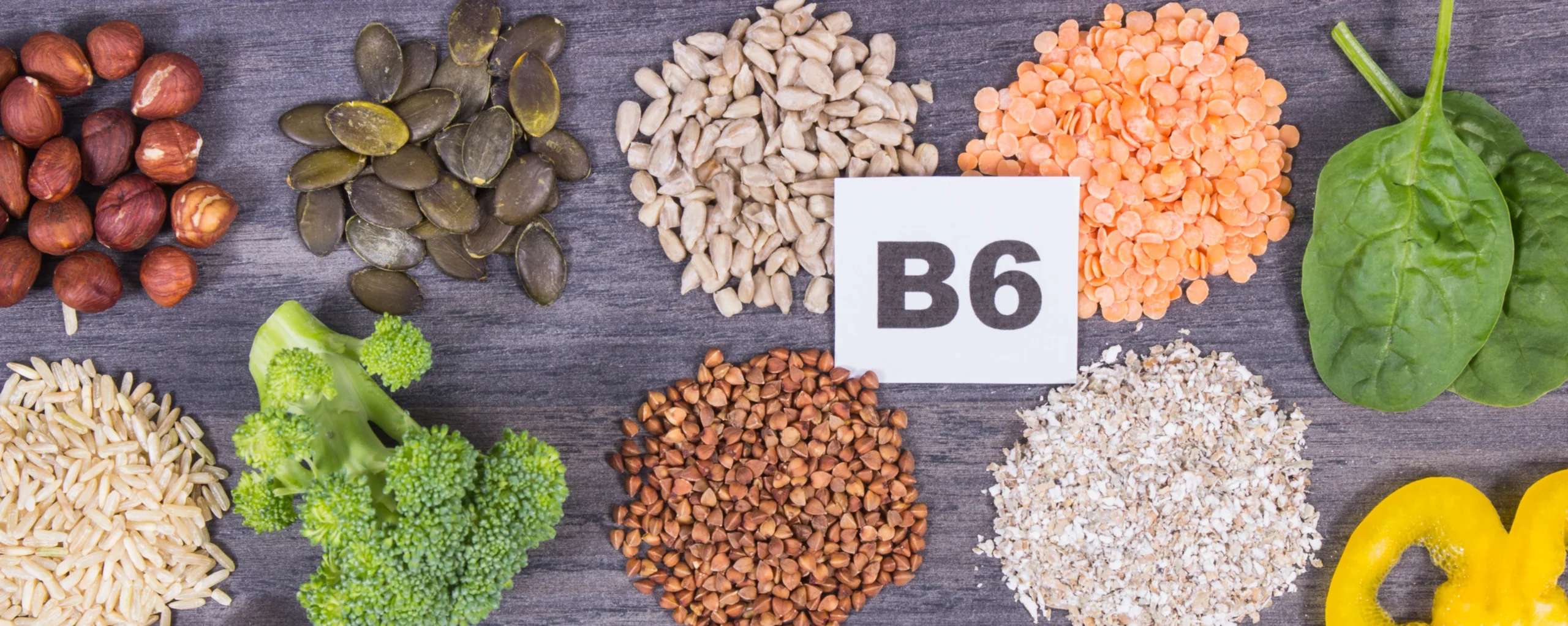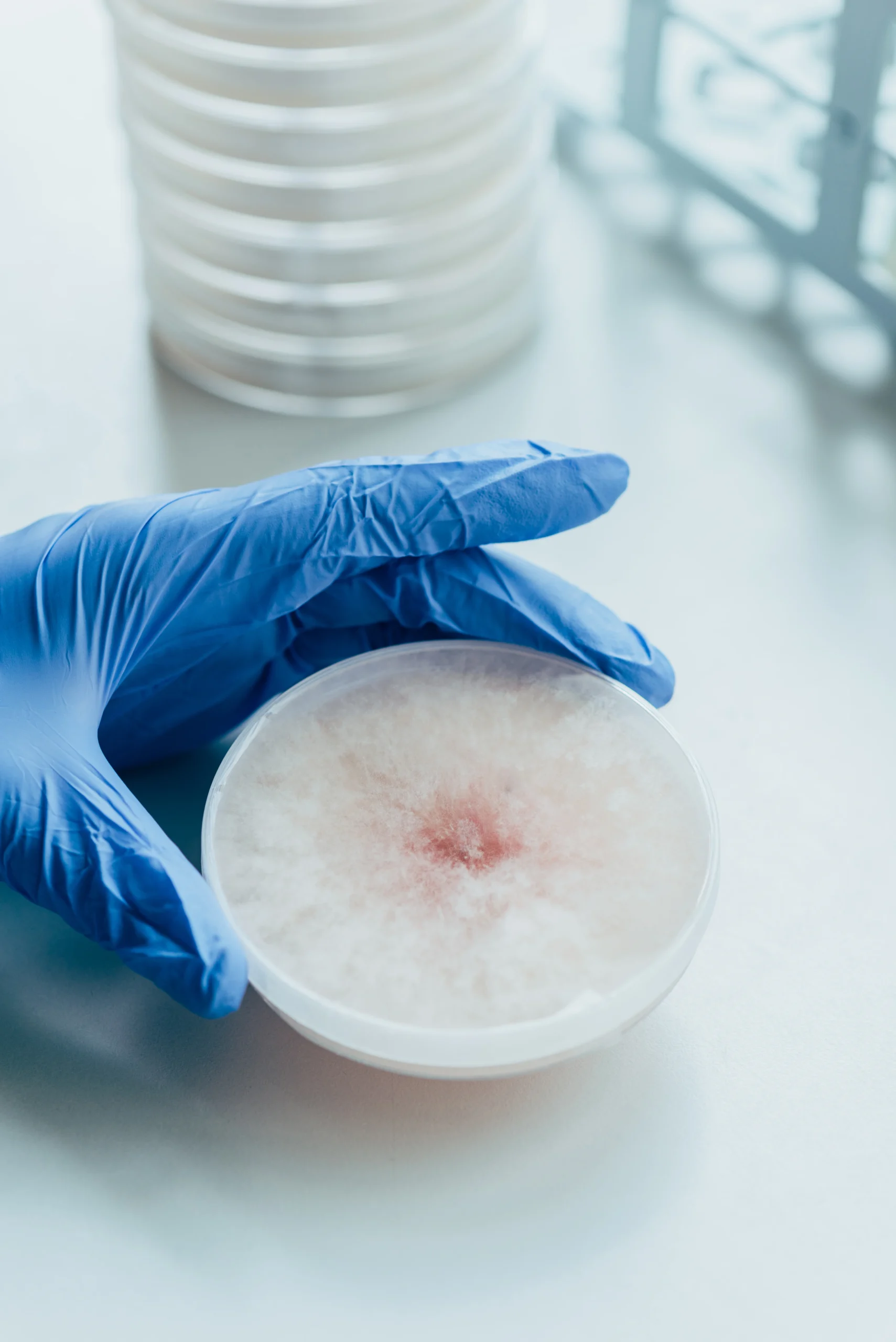
- Home
- Uncategorized
- B-Vitamins List
B-vitamins are a group of water-soluble vitamins that play a vital role in cell metabolism and energy production. Here’s how you can ensure adequate intake of these essential nutrients:
Whole Grains:
Thiamin (B1): Found in whole grains like brown rice, barley, and millet.
Riboflavin (B2): Present in oats, brown rice, and whole wheat.
Niacin (B3): Available in brown rice, barley, and wheat germ.
Folate (B9): Found in fortified whole grain products like bread and cereals.
Leafy Greens:
Folate (B9): Highly present in spinach, turnip greens, and romaine lettuce.
Riboflavin (B2): Found in smaller amounts in kale and spinach.
Vitamin B6: Available in spinach.
Protein Sources:
Thiamin (B1): Pork, liver, and fish are excellent sources.
Riboflavin (B2): Liver, lean meats, and eggs contain this vitamin.
Niacin (B3): Chicken, turkey, and salmon are rich in niacin.
Vitamin B6: Found in chicken breast, turkey, and tuna.
Vitamin B12: Present in beef, poultry, fish, and eggs.
Biotin (B7): Liver and egg yolks are good sources.
Pantothenic Acid (B5): Found in chicken liver, fish, and yogurt.
Legumes:
Thiamin (B1): Black beans, lentils, and peas.
Folate (B9): Chickpeas, black-eyed peas, and lentils are particularly high in folate.
Pantothenic Acid (B5): Present in lentils and split peas.
Fruits and Vegetables:
Vitamin B6: Bananas, oranges, and cantaloupe.
Folate (B9): Citrus fruits, avocados, and brussels sprouts.
Pantothenic Acid (B5): Avocados, mushrooms, and sweet potatoes.
Dairy:
Riboflavin (B2): Milk, yogurt, and cheese.
Vitamin B12: Found in milk and other dairy products.
Pantothenic Acid (B5): Present in milk and dairy products.
Nuts and Seeds:
Thiamin (B1): Sunflower seeds, flaxseeds, and macadamia nuts.
Niacin (B3): Peanuts, almonds, and sunflower seeds.
Folate (B9): Sunflower seeds and almonds.
Vitamin B6: Sunflower seeds, pistachios, and sesame seeds.
By including a variety of these foods in your diet, you can help ensure you’re getting a sufficient intake of B-vitamins. It’s important to note that B-vitamins are water-soluble, so they are not stored in the body and need to be consumed regularly. Additionally, some B-vitamins, like B12, are primarily found in animal products, so vegetarians and vegans should be mindful of their intake and consider supplements if necessary.





